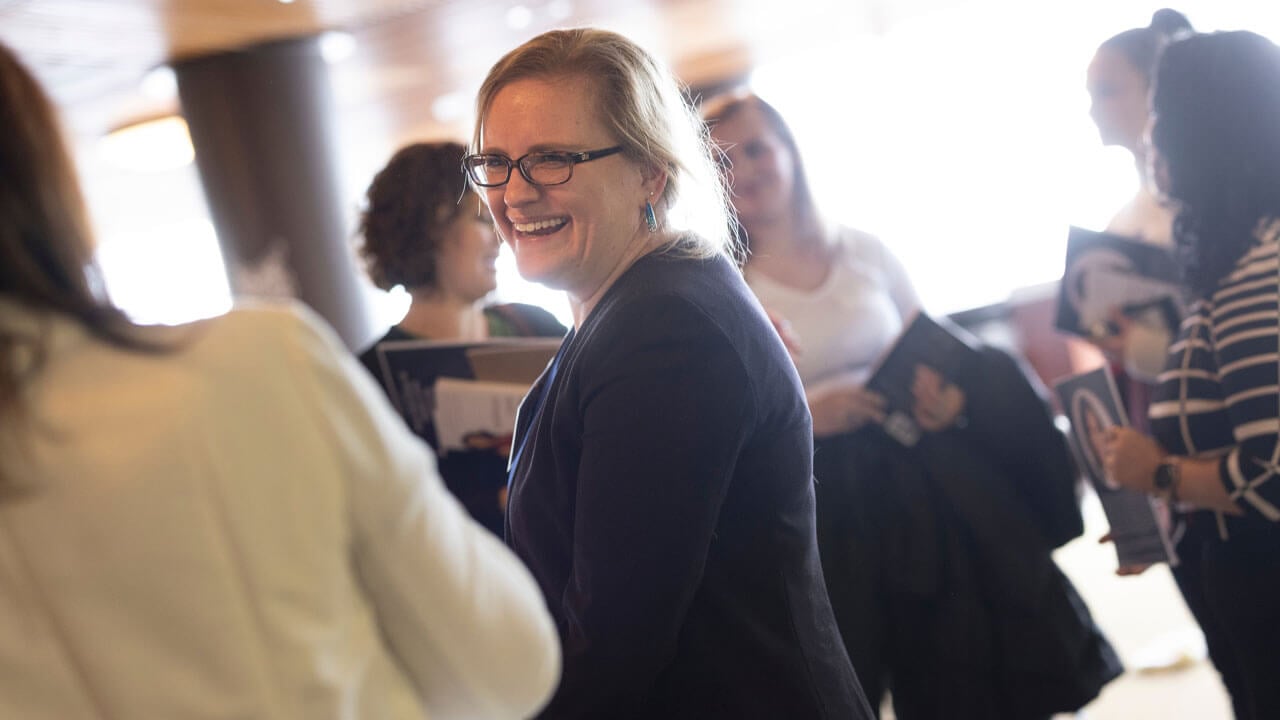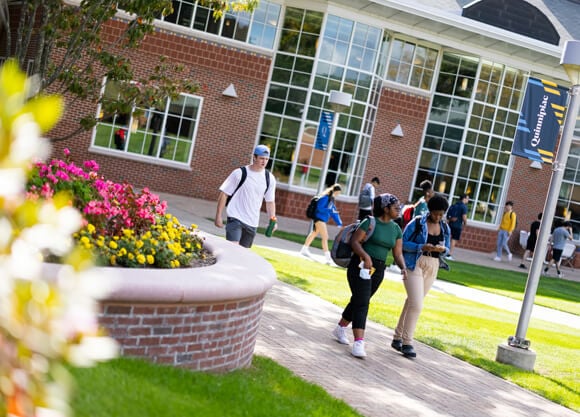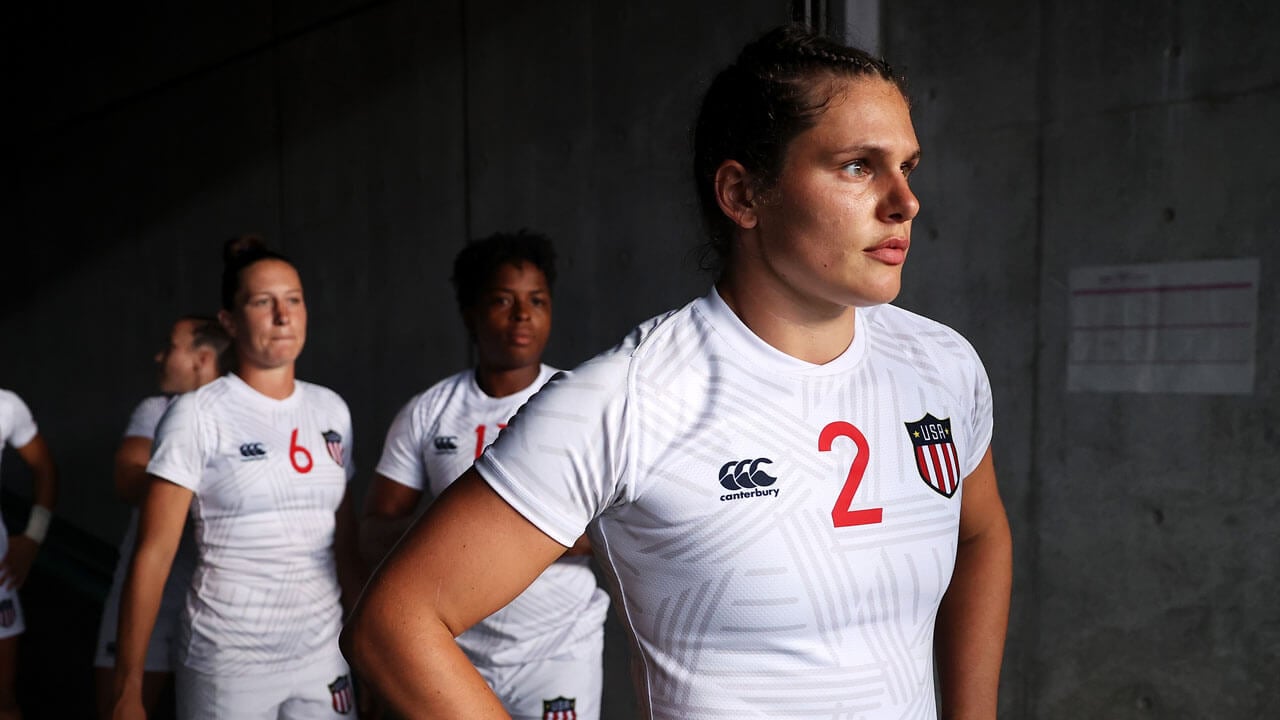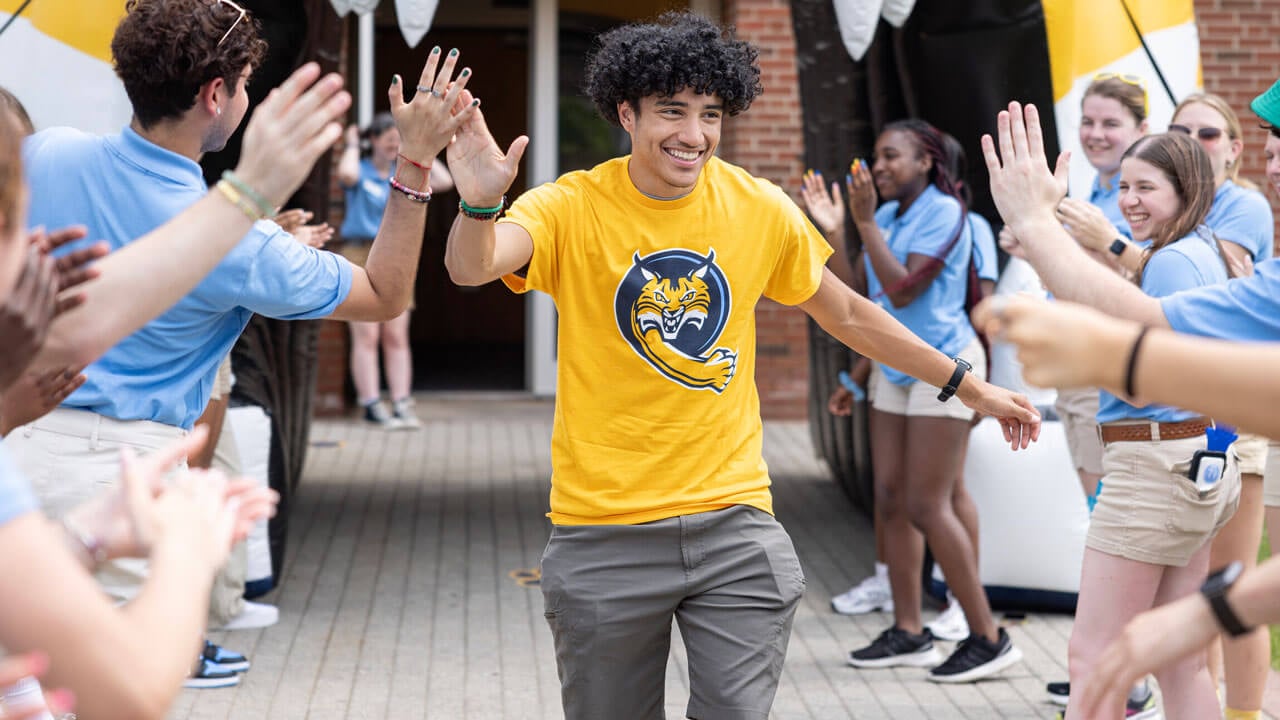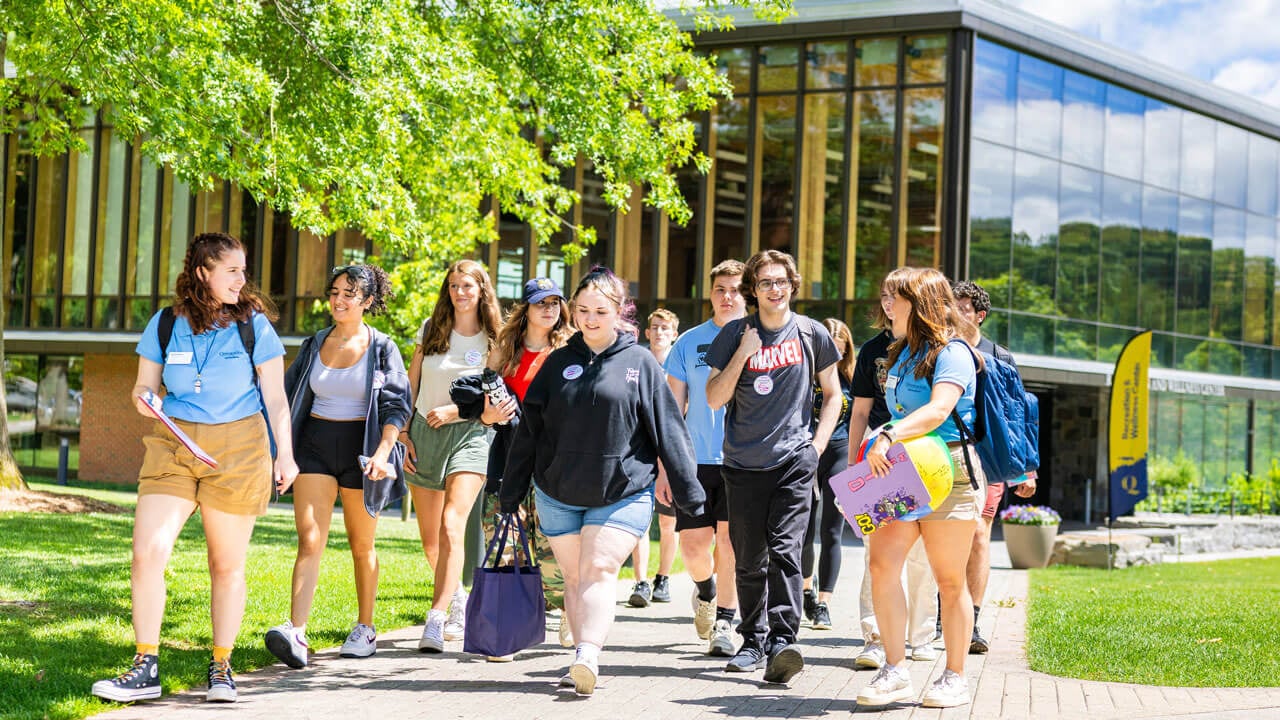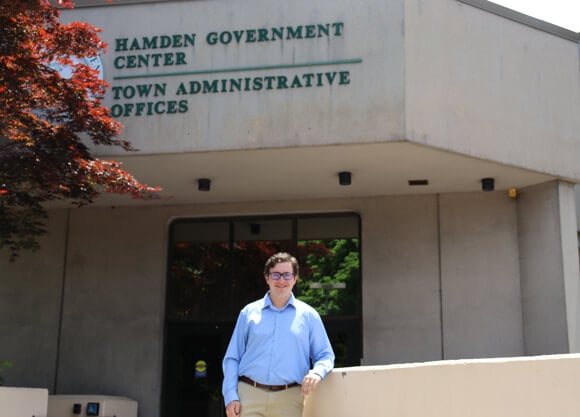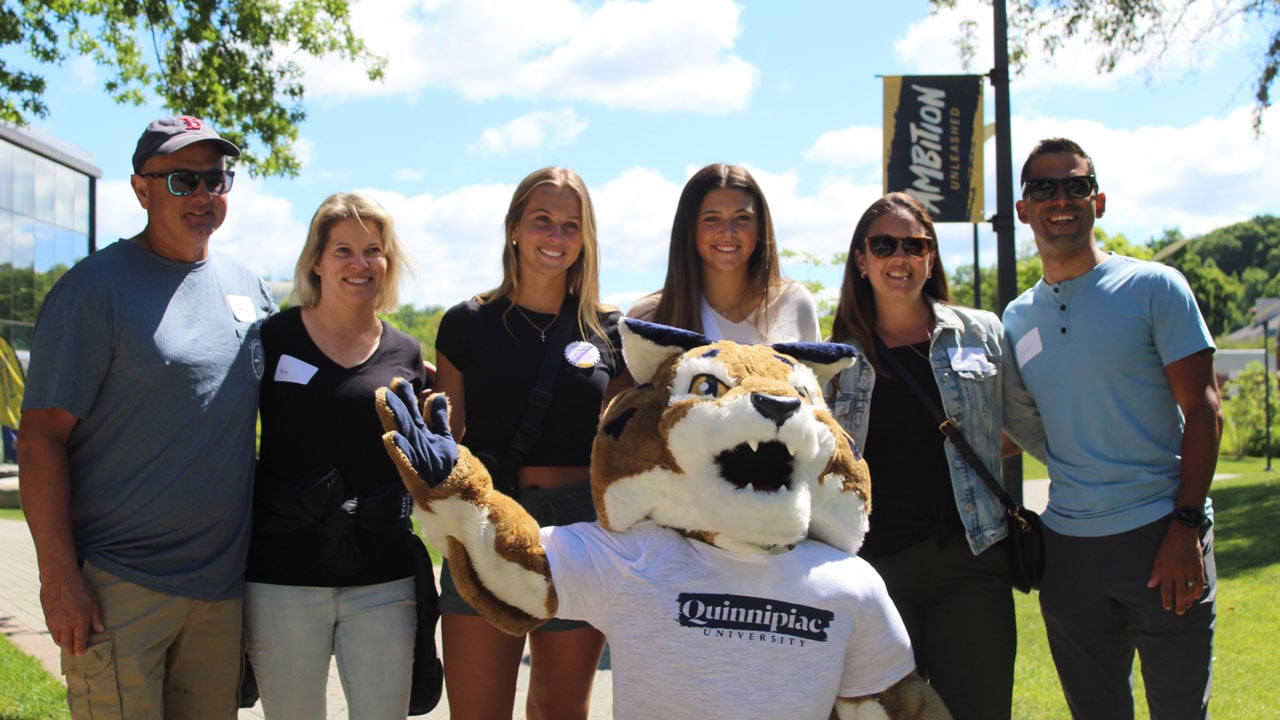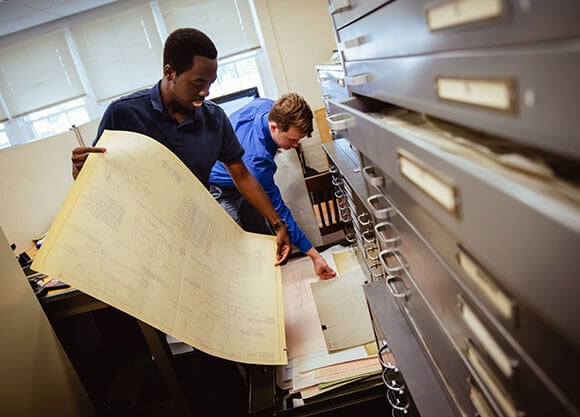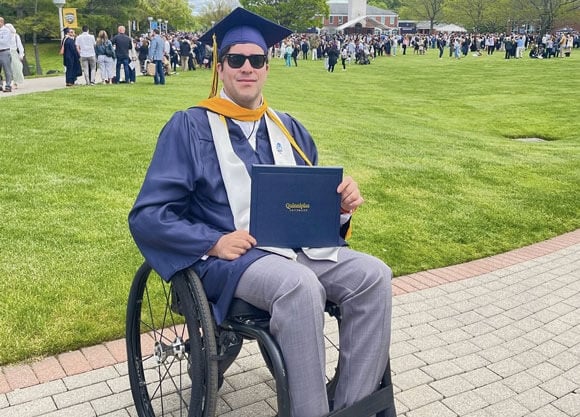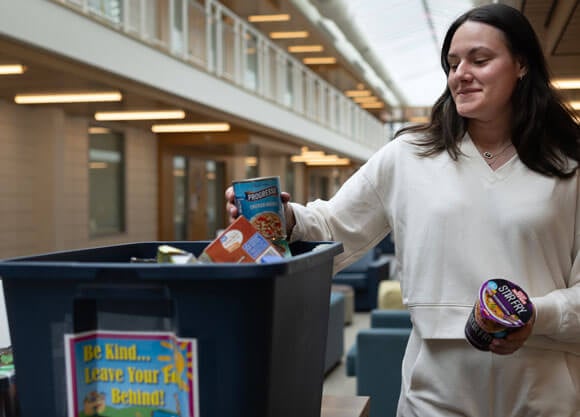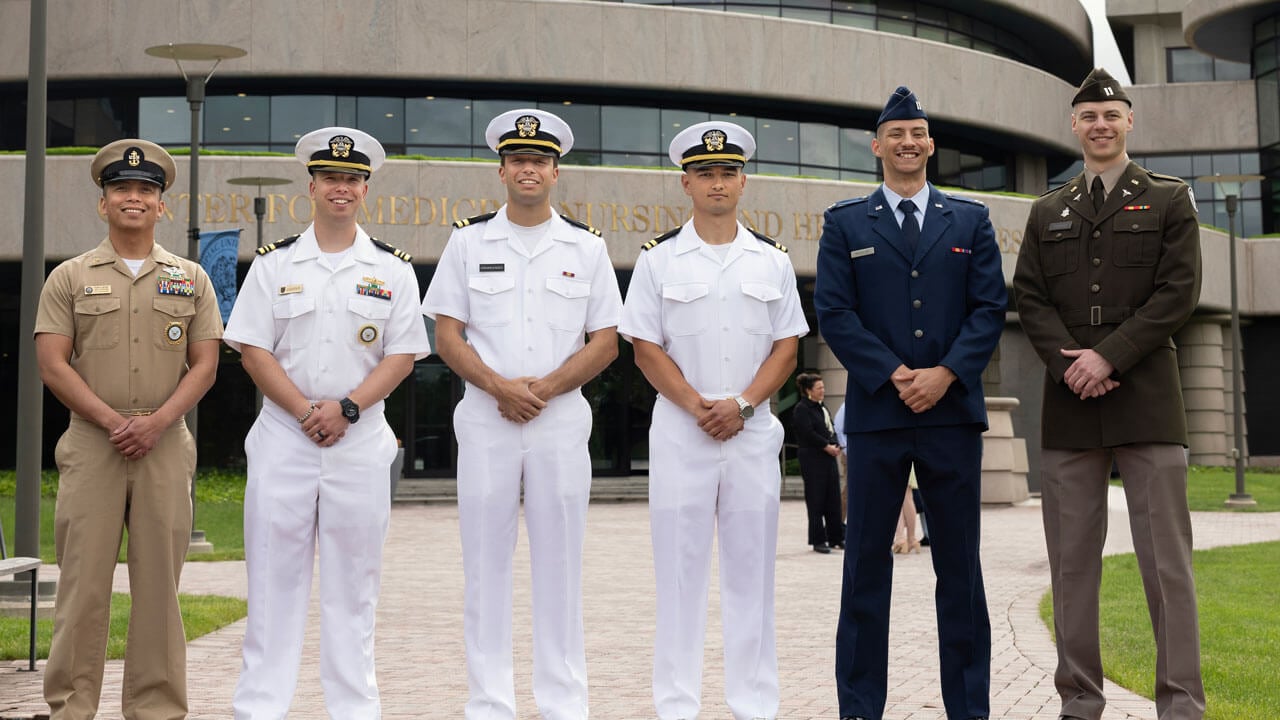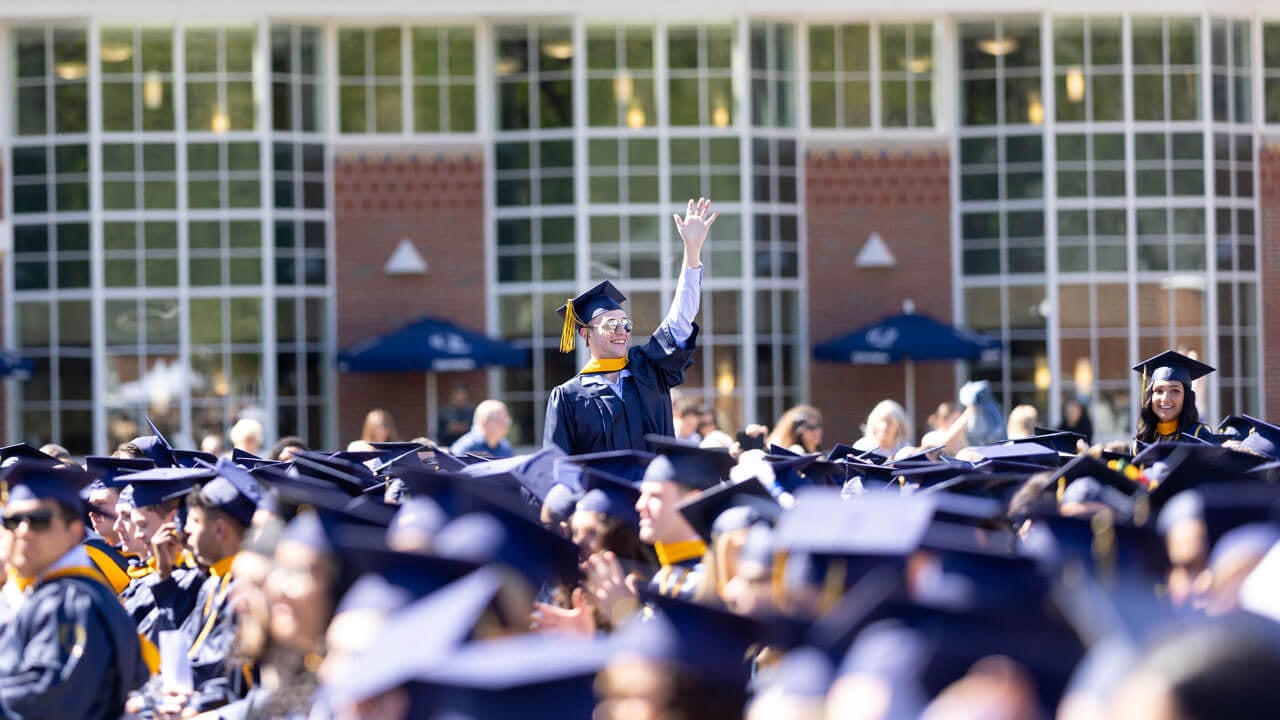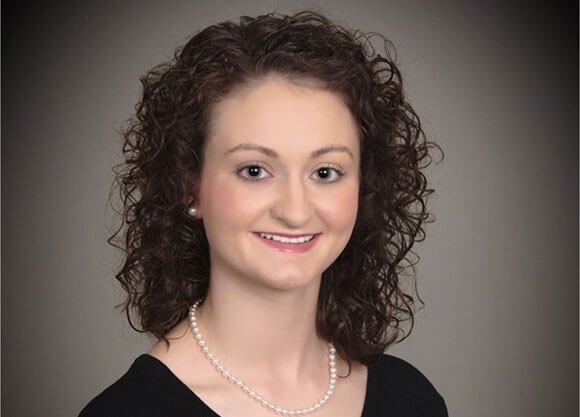
The program is led by School of Business Professor Julia Fullick-Jagiela.
“The engagement fellows program is unique and exceptional in its impact. For one, Dr. Fullick-Jagiela has designed a program that builds a community of students and faculty,” said School of Business Dean Holly Raider. “Engagement fellows simultaneously learn, apply what they learned, and debrief how it went. This is real-world, immersive learning integrated into the campus experience. The fellows are not just engagement fellows, they are also learning how to be leaders.”
Dean Raider said engagement fellows also provide valuable insights which are appreciated by faculty, while students gain a perspective on the faculty role that’s transferable to their future student experiences.
“Engagement fellows are invaluable sources of insight for faculty. Fellows see the world through the lenses of the educator and the student, faculty can learn from this unique vantage point, almost like a reverse mentor. Similarly, engagement fellows become even stronger students across their classes because they now have the perspective of the educator, they see all the care and planning that goes into teaching and better understand learning objectives and how to achieve them,” said Dean Raider.
Since establishing the program in Fall 2020, Fullick-Jagiela has worked with more than 150 engagement fellows in 190 classes and projects.
The program was first established to support faculty and students in the Q-Flex hybrid learning model during the pandemic. Fellows provided an additional source of support to faculty and students navigating a mix of remote teaching and learning with in-person teaching and learning.
“This was a way to help have students supporting other students in the classroom and faculty during a really challenging time, and it’s evolved and expanded from there,” said Fullick-Jagiela.
Kaelin Murray ’22, MBA ’23, said she feels fortunate to have been one of the first engagement fellows.
“I was pioneer engagement fellow in the fall of 2020. I thought it was a great leadership opportunity. I think what I learned the most is change management — learning how to adapt to the new model and also how to engage the students,” said Murray.
Murray said highlighting the experience helped with her recent hire in a procurement position with National Grid, a northeast utility company.
“It was something different to put on my resume, and it was a good way to explain how I was a part of that change and new learning model, and adapting to that,” said Murray.
Paul “PJ” Heilbronn, ’24, MBA ’25, was an engagement fellow during the spring semester. He assisted in an introductory course instructed by Professor Ricardo Bernabe Torres.
“I would often come to Professor Torres if I had any questions, and we would collaborate,” said Heilbronn. “I was there if the students had any questions, and to offer an open line of communication. Being able to have the open line of communication was valuable, and I think it was reflective in the performance of the students and how much they learned this semester.”
As an engagement fellow during the spring semester, applied business major Lauren Jerram ’24, MBA ’25, was paired with a professor who was teaching class remotely. Jerram served as the faculty member’s point person in the physical classroom, and said students felt comfortable approaching her with questions or issues in person or online.
Fullick-Jagiela said many faculty members have expressed their gratitude for the level of communication support engagement fellows can provide for their students.
“We’ve seen that some students are more comfortable talking to their engagement fellow, and so the engagement fellow can help to act as a voice for those students in the class,” said Fullick-Jagiela.
In addition to providing a valuable connection between the instructor and the students, Jerram said the engagement fellow experience also helped her to strengthen business management soft skills such as leadership, communication, flexibility, problem-solving, team building and time management.
“It helps you with your own learning if you want to go into management of any kind. You get to see how different people approach problems and assignments, and how people understand things,” said Jerram.
Fullick-Jagiela said some engagement fellows have also been inspired to consider future faculty roles, while still others who had not previously recognized their leadership potential have discovered it through the program.
“We’ve had a couple of students who’ve said they never thought about being a faculty member, and the program has helped them to discover that’s something they want to do,” said Fullick-Jagiela. “Other students have said it’s shown they’re capable of being in a leadership role in their profession. It’s great to see they’re able to take on these leadership roles and really thrive.”
The program is open to students beyond the School of Business as a UC breadth elective course. In addition to working with professors to support classes, engagement fellows also may assist with faculty research projects, department chair admissions projects, associate dean school-level projects and partnerships.
School of Business analytics and information system professor Tamilla Triantoro said she has found engagement fellowships provide a mutually beneficial platform for both professors and fellows.
“Recently, I have been focusing on the research aspect of fellowships. Professors gain the opportunity to mentor a student from a research standpoint and foster their potential. This experience can be incredibly rewarding, as it allows to directly contribute to the growth and learning of the next generation of researchers. Fellows, on the other hand, acquire invaluable skills that extend beyond working towards their degree. They learn how to conduct thorough research, summarize findings, and prepare comprehensive reports. Most importantly, they learn to think independently, formulate intriguing research questions, and navigate the complexities of their chosen field,” said Triantoro.
Triantoro worked on a spring semester project with School of Business accounting major and recent graduate Rory McGowan ’23.
“Rory and I embarked on a journey into the world of artificial intelligence. We initially planned to focus on coding, but quickly shifted to a research-oriented approach. This pivot allowed Rory to delve into generative A-I use cases, adoption rates, and public sentiment, and to construct a comprehensive map of the current technological environment,” said Triantoro.
School of Business associate professor of management Tuvana Rua received project support through working with engagement fellow and School of Communications film student Karl Brooks ’23, MS ’24.
In the spring, as lead instructor for the Quinnipiac/Connecticut Community Outreach Revitalization Program (ConnCORP) partnership, Rua tasked Brooks with helping to develop video pitch commercials for a group of Greater New Haven-area small business entrepreneurs. Brooks produced videos for 14 business owners in the program.
Brooks said the opportunity to take the course with Fullick-Jagiela and work with Rua and the entrepreneurs provided both practical and leadership experience. He said he would like to continue to contribute to assist the ConnCORP partnership, even though his work as a fellow has concluded.
“It was a great experience. I would love to help them create a document or outline that helps not only them and the business owners, but the next person they enlist to do my job,” said Brooks.
“Some of our fellows who have come back after taking the course for credit, continue in a volunteer capacity, just because it was something that they enjoyed so much. To see that growth has been a neat outcome. We have some phenomenal students who are so invested and want to give back to others. This is a great opportunity for them to be able to do that,” said Fullick-Jagiela.
In this Article
Stay in the Loop
Quinnipiac Today is your source for what's happening throughout #BobcatNation. Sign up for our weekly email newsletter to be among the first to know about news, events and members of our Bobcat family who are making a positive difference in our world.
Sign Up Now